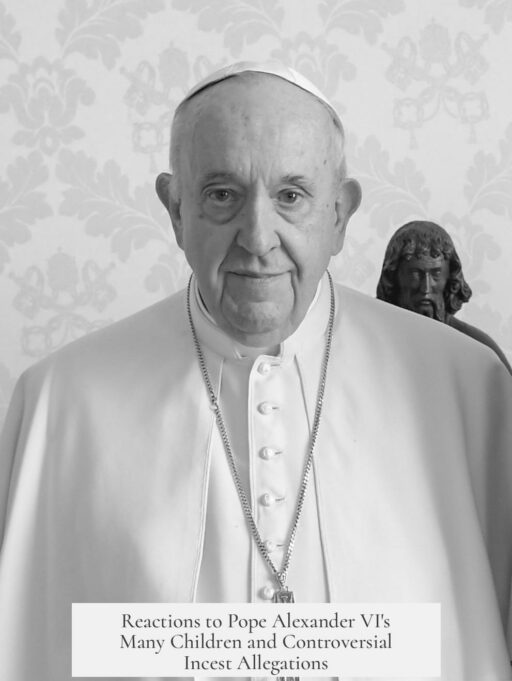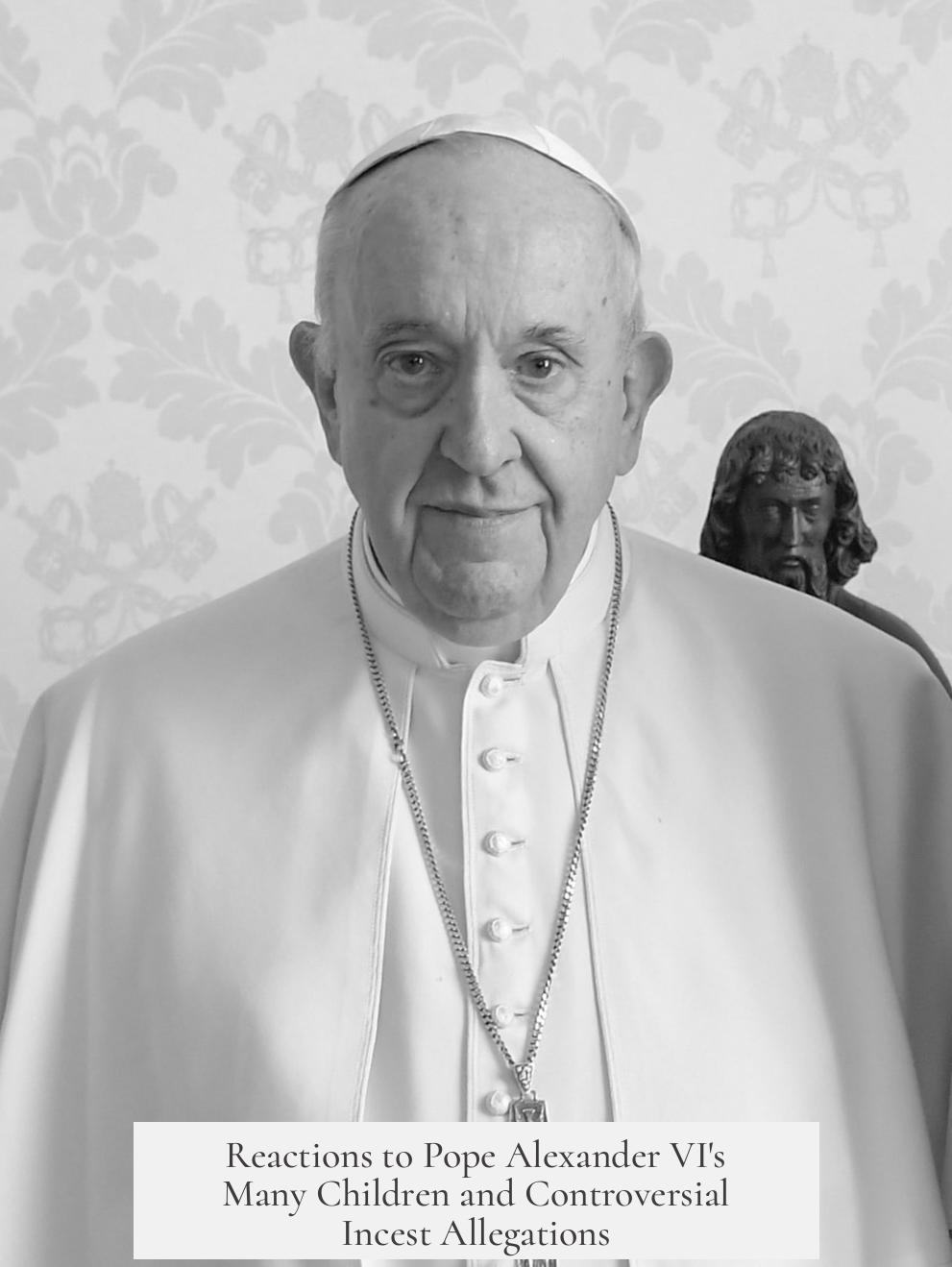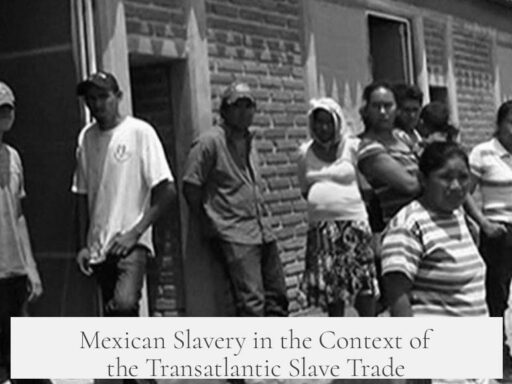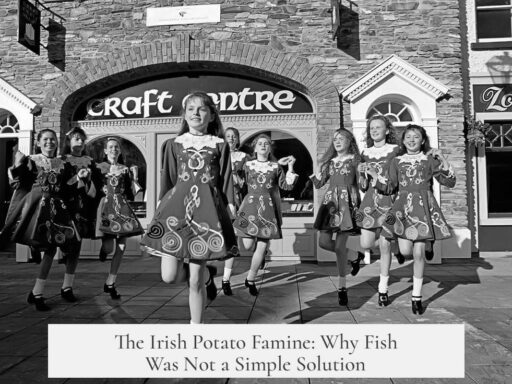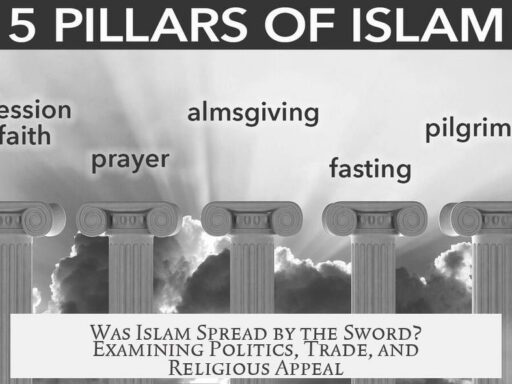The reaction to Pope Alexander VI fathering many children was mixed, combining skepticism, acceptance, and political opposition. Though unusual, it was not unheard of for clergy, including popes, to have children. Accusations of incest involving Alexander VI, Cesare, and Lucrezia Borgia remain unproven and mostly stem from political enemies, particularly Pope Julius II.
At the time, many viewed Cardinal Rodrigo Borgia’s numerous offspring with skepticism. Clergymen were expected to be celibate, yet some, including bishops and popes, fathered children. This contradiction was often overlooked if the individual maintained a reputation for good faith in their religious duties. Alexander VI’s open licentiousness made his behavior notorious, but it did not alone destroy his standing.
Opponents of Alexander VI were vocal about their disapproval. Many believed that fathering children was incompatible with clerical roles. His fertility and womanizing earned him many enemies, notably from political rivals who seized upon these facts to discredit him further. These aspects intensified existing tensions rather than creating them anew.
Regarding the alleged incestuous relationship between Alexander VI and his children Cesare and Lucrezia, evidence is lacking. The primary source of such claims was Pope Julius II (Giuliano Della Rovere), Alexander’s successor and fierce adversary. Julius II’s accusations likely aimed to sully the Borgia family’s reputation. Despite widespread rumors of an incestuous affair between Cesare and Lucrezia, no concrete proof exists.
Historians remain cautious about these charges. If any improper relationship existed between Cesare and Lucrezia, Alexander’s involvement is highly doubtful. His well-known womanizing did not extend to incest with his daughter, a boundary even he arguably would not cross.
| Aspect | Details |
|---|---|
| Public Reaction | Mixed acceptance due to common but frowned-upon practices |
| Political Impact | Created enemies; intensified rivalry |
| Pope’s Reputation | Notorious womanizer |
| Incest Allegations Source | Pope Julius II, political rival |
| Evidence of Incest | No reliable proof; mostly rumors |
| Alexander’s involvement | Highly unlikely |
- Fathering children among clergy caused skepticism but some acceptance existed.
- Political rivals exploited Alexander’s private life to fuel hatred.
- Incest claims mainly originate from hostile sources and lack credible evidence.
- Historical consensus discourages belief in Alexander’s direct involvement in incest.
How Did People React to Pope Alexander VI Fathering Many Children? And What About That Infamous Borgia Incest Rumor?
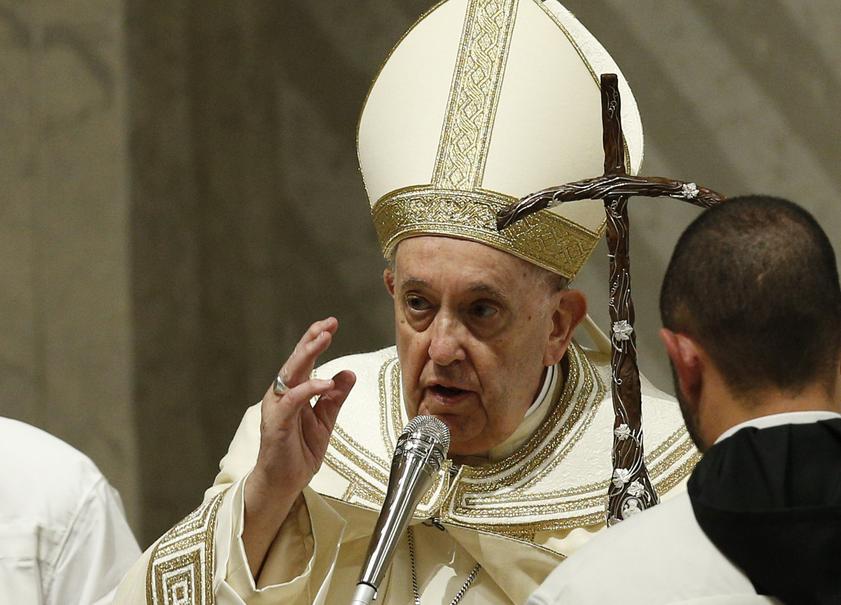
Pope Alexander VI fathering so many children was met with a mix of shock, acceptance, and political sniping during his time. But before we dive into the dirty details, let’s clarify one thing: the rumor that Alexander, Cesare, and Lucrezia Borgia were involved in a tangled triangle of incest? Well, that’s more smoke than fire, and most likely a scandalous weapon thrown by rivals.
Now, it’s tempting to imagine a pope swinging a rosary in one hand and juggling babies in the other, but history is never that simple.
The Clergy’s Double Standard: A Pope With Many Children
Rodrigo Borgia, who became Pope Alexander VI in 1492, was infamous for being a prolific father — he had at least seven acknowledged children. You might wonder how a man sworn to celibacy ends up in this situation without causing a Vatican-wide scandal.
In truth, having children was frowned upon but not unheard of among clergy at the time. Some cardinals and even popes fathered children. The rule against clerical marriage and sexual relations was often bent, especially if the clergy were of “good faith” or politically powerful. In many circles, Rodrigo’s fatherhood was tolerated as an unsavory but not shocking fact.
However, the reaction wasn’t uniform. Many common folk and rival factions saw his openly acknowledged children as stark evidence of corruption in the Church. Critics felt his roles as priest and father clashed, making his clerical vows meaningless. To some, Alexander was a glaring symbol of hypocrisy.
Enemies Magnified Every Flaw
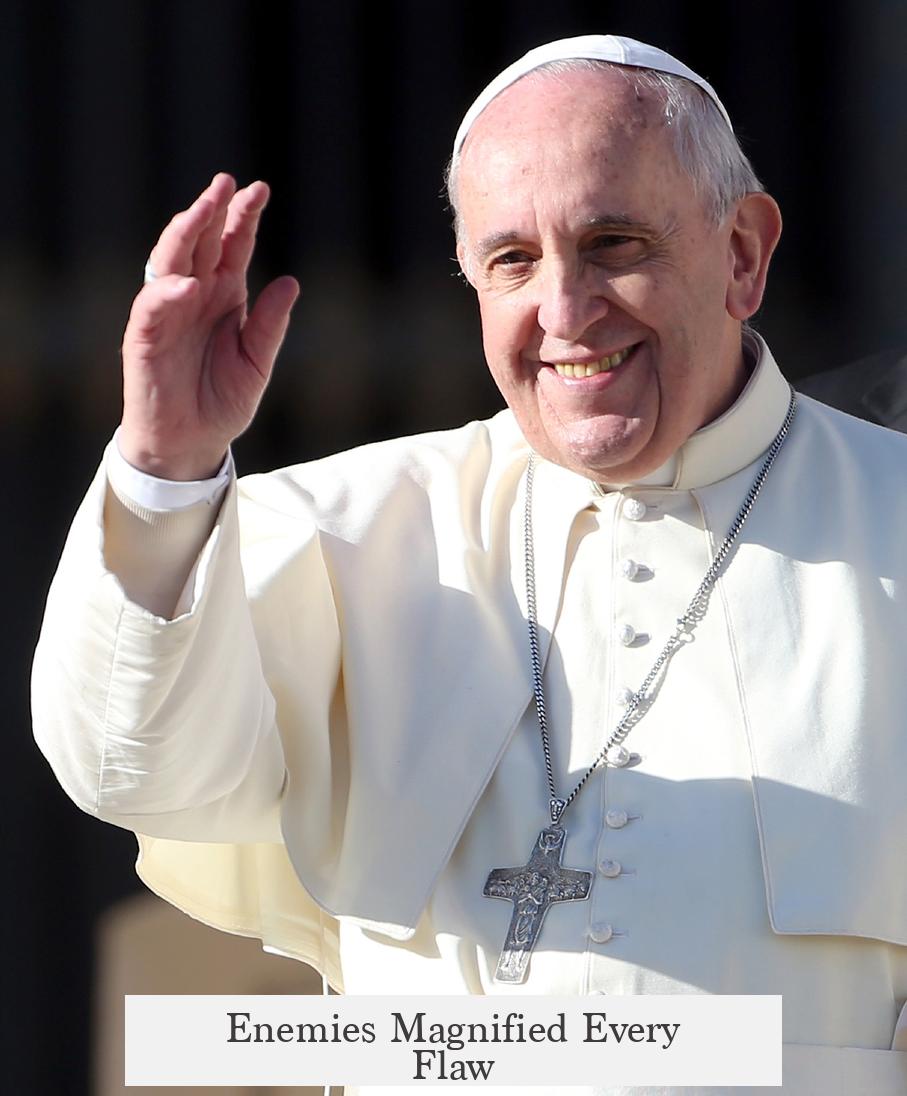
Pope Alexander VI’s contentious personal life gave ammunition to his political foes. He had more than his share of enemies, and his fathering many children deepened the disdain among them.
Rival families and ecclesiastical opponents seized on his scandalous reputation to diminish his authority. The Borgia family’s power plays were closely linked with their numerous illegitimate offspring. Children like Cesare and Lucrezia became political pawns and weapons in the tangled wars of Italian city-states.
In a way, the children symbolized both Alexander’s strengths (establishing dynastic power) and his political vulnerabilities. The Pope’s many children kept whispers alive, sparking distrust even among allies.
Alexander VI: The Womanizer Pope
Let’s be honest, Rodrigo was notorious for womanizing. His charm and ambition led him into numerous affairs — first as cardinal, then as pope. This behavior was scandalous, yet oddly tolerated because of his power and influence. His sexual escapades were well-known, fueling gossip that made for juicy scandal but didn’t topple him.
As Pope, Alexander used his family not just as heirs but as political chess pieces, pimping power through strategic marriages and alliances. Yet, his liaisons exposed him to relentless scrutiny and moral judgment from both inside the Church and beyond.
The Incest Allegations: Myth or Malice?
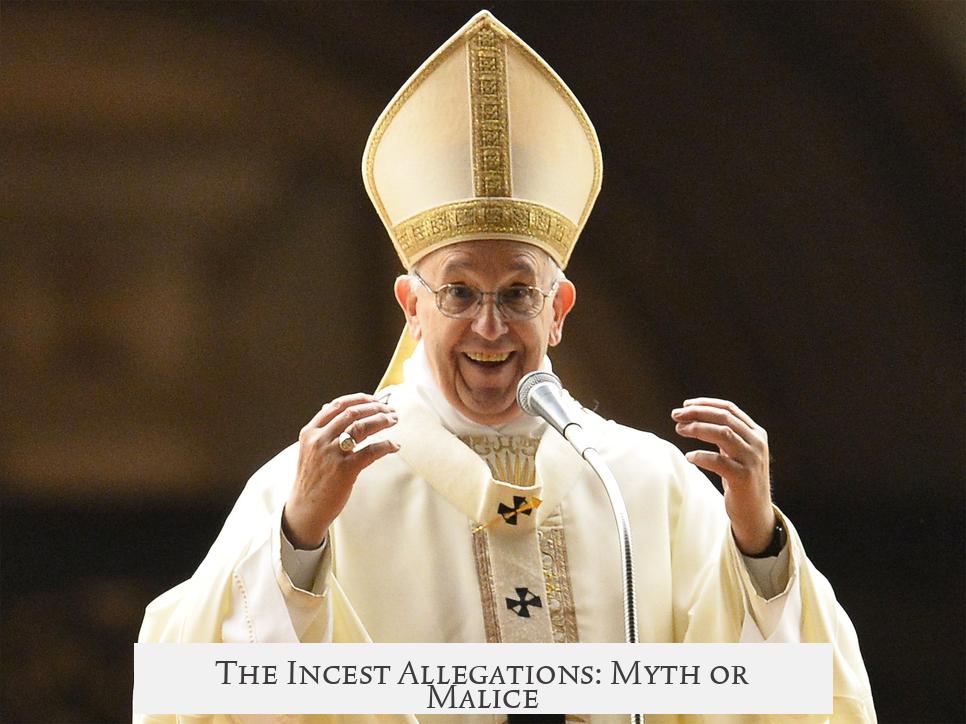
Now, onto the sordid topic of incest rumors. The story goes that Pope Alexander VI, along with his son Cesare and daughter Lucrezia, were involved in a triangular incestuous relationship. Before you choke on your espresso, the historical evidence tells a different story.
These allegations stem mainly from Giuliano della Rovere, better known as Pope Julius II, who succeeded Alexander and bore a fierce grudge against the Borgia pope. Julius II is the key source of the incest accusations, aiming to sully the Borgia name and legitimize his own power.
Courts and nobility of Renaissance Italy were quick to invent or exaggerate scandalous tales. The Borgias, being powerful and controversial, were easy targets. Rumors flew like arrows; some spoke of an illicit affair between Cesare and Lucrezia, with whispers dragging Alexander into the mess.
Historians today agree there is no solid evidence proving incest occurred. There is smoke from gossip, but no verified blaze. Given Alexander’s well-documented love of women but no hint of paternal incest, it strains credulity that he engaged in such taboo behavior.
In fact, while rumors persisted, scholars generally dismiss incest claims as political slander rather than fact. The Borgias were hated enemies, and malicious stories were effective weapons in the ruthless politics of the time.
Why Does It Matter Today?
Understanding how people reacted to Pope Alexander VI’s many children, and the wild rumors swirling around them, says a lot about Renaissance politics and churchopathy. The Pope’s blatant contradiction—holy man and earthly father—reveals a Church wrestling with real human flaws amid spiritual ambitions.
Moreover, the incest rumors show how dangerous gossip can be, especially when wielded by political rivals. They remind us that history isn’t just about facts, but context, power struggles, and human nature.
What Can We Learn From the Borgia Saga?
- Power breeds enemies: The more influential you are, the more likely rivals want to tear you down.
- Human nature doesn’t change much: Churchmen then were as flawed and complex as anyone today.
- Not all rumors are true. Scrutinize sources, especially in politics where reputation is a weapon.
It’s tempting to judge Pope Alexander VI harshly for his many scandalous children or the wild claims against his family. But history shows a man navigating a turbulent world with all the messy complexities of ambition, faith, and family.
So, was Alexander VI a scandalous sinner, a savvy pope, or both? Probably both. But the incest triangle? That’s much more *legend* than documented reality.
Do you think today’s leaders face similar challenges with public perception, or have we gotten better at separating fact from fiction? History might have a few lessons left to teach us.
